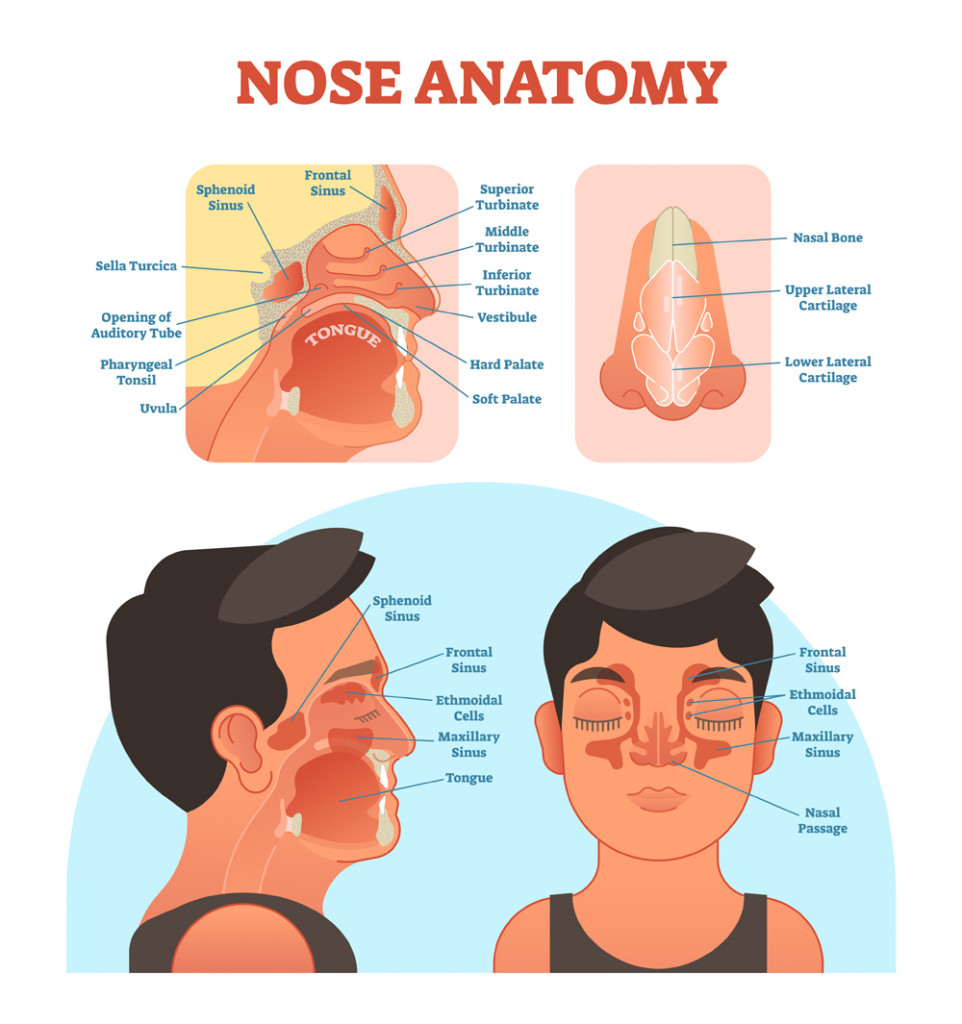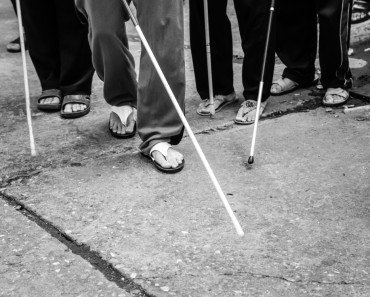Table of Contents (click to expand)
For most of us, our nose is a feature we either love or hate about our face. However, if you lose it, could you also lose the ability to smell? Potentially!
If you were a prisoner of some crime in, say, the Babylonian empire (around 1700 B.C.E) or in Medieval Europe, as punishment, your nose could have been amputated, or more precisely, the cartilage part of the nasal arch would be chopped off. This would probably have left you with two gaping holes in your face, and a view of the interior of your nose.
Today, one might probably lose a nose in extreme circumstances. But, if you did lose a nose, either because of punishment or because you lost a duel, would you then be able to smell even in the absence of that nose?
Recommended Video for you:
The Anatomy Of The Nose
How you smell is a byproduct of the shape of your nose. So, before we proceed, you need to understand the anatomy of the nose to piece together whether we (or someone like Lord Voldemort) could smell noseless or not.
When we speak about losing a nose, we’re only referring to the outside of the nose. This nasal arch consists of the two nostrils, separated by the septum. It is composed of two-thirds cartilage—the flexible tip of the nose—and one-third bone, which is the upper, more rigid part of the nose.
When we breathe through the nostrils, a concentrated stream of air makes its way to the airways. The nostrils widen into the wide nasal arches, like a narrow tunnel opening into a cave. The nasal canal is where most of the smelling takes place.

Ridges within the nasal canal, called conchae, are crucial for smelling. The skin, or epithelium, in this area have smell-detecting receptors. When odor molecules floating in the air (like those in a sweet-smelling rose or in sweaty socks) reach the receptors in the nose, they get activated and send signals of the smell to the brain.
The nasal canal extends downward into the throat, from where the esophagus and the trachea separate. Because of this connection between the mouth and the nasal canal, whenever you eat, you’re also smelling your food, as the odor molecules in food make their way into the nasal cavity and activate our receptors. This is called retronasal olfaction and plays a huge part in how we experience flavor.
Smelling Without A Nose… Possible, But Difficult
Since the smelling region of the nose is located deeper in the head, the nostrils and septum have very few olfactory receptors (if any). You might therefore assume that losing the nasal arch would not affect your sense of smell too much. Your assumption would be both right and wrong.
Individuals who have undergone a nose-related surgery, or have injured their nose severely, do lose part of their sense of smell. As the nose heals the sense of smell returns. Many individuals with a deviated septum, where the septum isn’t straight, have also been found to have a compromised sense of smell.

We don’t have much direct evidence of whether fully losing the nose would permanently alter one’s ability to smell, but most of the change in smell seems to occur for two reasons. The first is inflammation due to the injury and the second is a disruption of airflow.
The nasal arch may seem like just a straw that sucks air into the airways, but it is far more than that. It is a straw that filters out dirt and other irritants from the air while moistening dry air, as well as directing air into the olfactory region.
Disrupting airflow would lead to changes in how the air reaches the nasal canal. Without a nasal arch, airflow wouldn’t be able to makes its way adequately into the olfactory region of the nose, and dry and dusty air would be able to directly assault your inner nasal cavity, affecting how much you can smell!
The nostrils also seem to play a role in perceiving where a smell is coming from. If you smell something burning, you can pinpoint where the smell is coming from in part because of which nostril receives more of the burning smell. This ability is even more profound in dogs, who have such a finely calibrated smelling nose that their nostrils can work individually to figure out where a smell is coming from!
A Final Word
So, could Voldemort smell like a normal human? Probably. He did have two slits for nostrils, but nothing much by way of a nasal arch. With magic, I suppose anything is possible.
Unfortunately, for us and this article, medieval punishers didn’t think to perform scientific research before dealing out punishments (the scientific method wasn’t exactly a concept back then). Even more unfortunately, the only recorded scientist in history to have lost a part of his nose (in a duel with his third cousin over who was better at math), Tycho Brahe, didn’t seem to have much to say about his sense of smell. He went about his merry way, observing stars and wearing a fake nose made of gold!
References (click to expand)
- Berkiten, G., Kumral, T. L., Saltürk, Z., Atar, Y., Yildirim, G., Uyar, Y., … Arslanoğlu, A. (2016, July). Effect of Deviated Nasal Septum Type on Nasal Mucociliary Clearance, Olfactory Function, Quality of Life, and Efficiency of Nasal Surgery. Journal of Craniofacial Surgery. Ovid Technologies (Wolters Kluwer Health).
- (2022) The Olfactory Epithelium and Olfactory Receptor Neurons - NCBI. The National Center for Biotechnology Information
- Choi, R., & Goldstein, B. J. (2018, February). Olfactory epithelium: Cells, clinical disorders, and insights from an adult stem cell niche. Laryngoscope Investigative Otolaryngology. Wiley.
- (2003) Reducing Microbial Communities from Acidic Subsurface .... actaitalica.it













